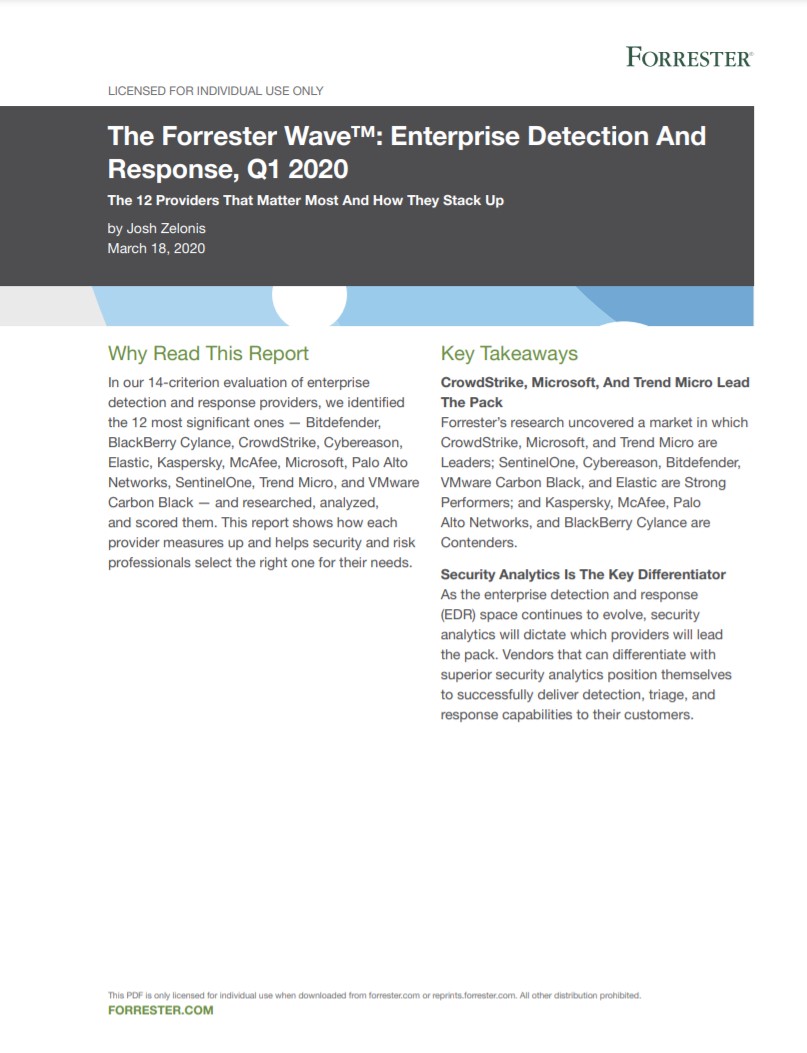Weekly threat roundup: Microsoft Teams, iOS, Samsung Galaxy
Pulling together the most dangerous and pressing flaws that businesses need to patch


Patch management is far easier said than done, and security teams may often be forced into prioritising fixes for several business-critical systems, all released at once. It’s become typical, for example, to expect dozens of patches to be released on Microsoft’s Patch Tuesday, with other vendors also routinely getting in on the act.
Below, IT Pro has collated the most pressing disclosures from the last seven days, including details such as a summary of the exploit mechanism, and whether the vulnerability is being exploited in the wild. This is in order to give teams a sense of which bugs and flaws might pose the most dangerous immediate security risks.
Zero-day allowed hackers to steal files from Microsoft Teams
A vulnerability in the Microsoft Power Apps service on Microsoft Teams can be exploited by an attacker to gain persistent read/write access to a victim’s email, Teams chats, OneDrive storage, Sharepoint, and a host of other services.
The side-server vulnerability, which has now been patched, affects Power Apps, a service that allows businesses to create specific use-cases on Microsoft products to suit their own needs.
These applets would manifest as tabs. Hackers could exploit the flaw by setting up a malicious tab, which when opened by the victim, would grant them access to private communications and files.
The attacker could also disguise themselves as a victim and send emails and messages on their behalf, according to Even Grant, a research engineer at Tenable, allowing them to conduct further social engineering attacks.
Hackers exploit WebKit Engine flaws in iOS
Apple released an emergency update for iOS 12 this week after revealing that hackers had exploited two zero-day flaws to launch remote code execution attacks on devices hosting the operating system.
Get the ITPro daily newsletter
Sign up today and you will receive a free copy of our Future Focus 2025 report - the leading guidance on AI, cybersecurity and other IT challenges as per 700+ senior executives
The flaws, tracked as CVE-2021-30761 and CVE-2021-30762, lie in the open source WebKit browser rendering engine. This is used to power the Safari web browser, as well as various iOS, macOS, watchOS, and Apple TV apps and services.
The first is a memory corruption issue, while the second is a use-after-free bug, and they have been fixed with “improved state management” and “improved memory management” respectively in iOS 12.5.3.
These are just the latest flaws to affect the WebKit browser engine that hackers have successfully exploited since the start of the year. In total, Apple has patched seven WebKit-related flaws since January 2021.
Supply chain bug in connected cameras
A widely used software development kit (SDK) in IoT-enabled cameras, developed by ThroughTek, is embedded with a flaw that has exposed swathes of industrial hardware to potential cyber attacks.
The vulnerability in ThroughTek’s P2P SDK, which is used to provide remote access to audio or video feeds over the internet, can grant hackers access to media feeds as well as sensitive data. Cyber criminals could also exploit the flaw, rated 9.1 out of ten on the CVSS threat severity scale, to spoof devices and hijack their certificates.
The vulnerable SDK is used by multiple camera vendors and is deployed in many CCTV systems, as well as IoT devices like baby monitors. Nozomi Networks researchers discovered the flaw, and reported it to ThroughTek in line with the firm’s disclosure policy.
Although ThroughTek has updated its SDK to remove the flaw, IoT devices made by customers that haven’t updated their SDKs will still be vulnerable. The severity of the bug, and likelihood of exploitation, has prompted the US Cybersecurity & Infrastructure Agency (CISA) to issue an alert to businesses with guidance on how to mitigate against attacks.
Samsung phones vulnerable to takeover
RELATED RESOURCE

A guide to enterprise detection and response providers
The 12 providers that matter most and how they stack up
Pre-installed apps bundled with Samsung Galaxy smartphones were embedded with seven vulnerabilities that could have allowed hackers to access sensitive data and take over control of the device.
The seven flaws, discovered by Oversecured, were found in Knox Core, Managed Provisioning, Secure Folder, SecSettings, Samsung DeX System UI, Telephony UI, and PhotoTable. If exploited the bugs could allow cyber criminals to edit contacts, calls, and text messages, while breaching an unpatched device could also let hackers install malicious apps with administrative rights, and change the device’s default settings.
Samsung updated the software for all affected apps, which users need to apply as soon as possible if they haven’t done so already, although the firm wouldn’t reveal which devices could be exploited.

Keumars Afifi-Sabet is a writer and editor that specialises in public sector, cyber security, and cloud computing. He first joined ITPro as a staff writer in April 2018 and eventually became its Features Editor. Although a regular contributor to other tech sites in the past, these days you will find Keumars on LiveScience, where he runs its Technology section.
-
 Bigger salaries, more burnout: Is the CISO role in crisis?
Bigger salaries, more burnout: Is the CISO role in crisis?In-depth CISOs are more stressed than ever before – but why is this and what can be done?
By Kate O'Flaherty Published
-
 Cheap cyber crime kits can be bought on the dark web for less than $25
Cheap cyber crime kits can be bought on the dark web for less than $25News Research from NordVPN shows phishing kits are now widely available on the dark web and via messaging apps like Telegram, and are often selling for less than $25.
By Emma Woollacott Published
-
 Hackers are targeting Ivanti VPN users again – here’s what you need to know
Hackers are targeting Ivanti VPN users again – here’s what you need to knowNews Ivanti has re-patched a security flaw in its Connect Secure VPN appliances that's been exploited by a China-linked espionage group since at least the middle of March.
By Emma Woollacott Published
-
 Broadcom issues urgent alert over three VMware zero-days
Broadcom issues urgent alert over three VMware zero-daysNews The firm says it has information to suggest all three are being exploited in the wild
By Solomon Klappholz Published
-
 Nakivo backup flaw still present on some systems months after firms’ ‘silent patch’, researchers claim
Nakivo backup flaw still present on some systems months after firms’ ‘silent patch’, researchers claimNews Over 200 vulnerable Nakivo backup instances have been identified months after the firm silently patched a security flaw.
By Solomon Klappholz Published
-
 Everything you need to know about the Microsoft Power Pages vulnerability
Everything you need to know about the Microsoft Power Pages vulnerabilityNews A severe Microsoft Power Pages vulnerability has been fixed after cyber criminals were found to have been exploiting unpatched systems in the wild.
By Solomon Klappholz Published
-
 Vulnerability management complexity is leaving enterprises at serious risk
Vulnerability management complexity is leaving enterprises at serious riskNews Fragmented data and siloed processes mean remediation is taking too long
By Emma Woollacott Published
-
 A critical Ivanti flaw is being exploited in the wild – here’s what you need to know
A critical Ivanti flaw is being exploited in the wild – here’s what you need to knowNews Cyber criminals are actively exploiting a critical RCE flaw affecting Ivanti Connect Secure appliances
By Solomon Klappholz Published
-
 Researchers claim an AMD security flaw could let hackers access encrypted data
Researchers claim an AMD security flaw could let hackers access encrypted dataNews Using only a $10 test rig, researchers were able to pull off the badRAM attack
By Solomon Klappholz Published
-
 The threat prevention buyer's guide
The threat prevention buyer's guideWhitepaper Find the best advanced and file-based threat protection solution for you
By ITPro Published